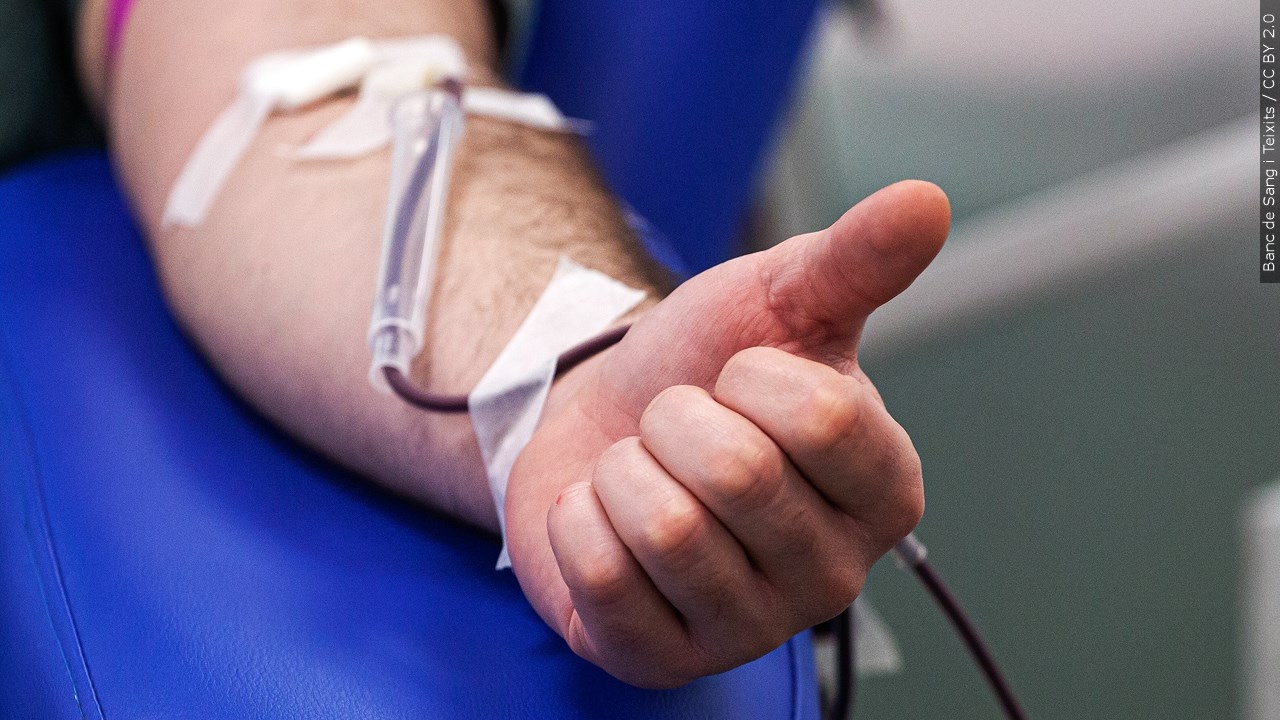Mayo Clinic lifts blood donor restrictions as mad cow concerns ease

(Banc de Sang i Teixits / CC BY 2.0 / MGN)
New changes at Mayo Clinic will allow more people to donate blood.
This week, the renowned health system updated its guidelines to make anyone who spent significant time in Europe during the 1980s and 1990s eligible to give blood.
In 1999, the U.S. Food and Drug Administration (FDA) set rules restricting blood donations from anyone who traveled to or lived in the United Kingdom and other parts of Europe over concerns they’d been exposed to a variant of Creutzfeldt-Jakob disease, also known as “mad cow disease.”
But concerns over the rare disease have eased and, last year, the FDA fully lifted restrictions on blood donations for those with extended European travel history.
Despite the agency’s updates last year, it’s taken some time for other organizations to revamp their guidelines to fall in line with the updated FDA policy. Mayo Clinic’s new policy officially took effect Monday.
“The FDA has been periodically updating these blood donor rules as the rates of this disease (a variant of Creutzfeldt-Jakob disease) have dropped worldwide. Most recently, the FDA has removed the last of these blood donor rules for those traveling or residing in the United Kingdom, France, or Ireland,” Justin Juskewitch, M.D., Ph.D., associate medical director of the Mayo Clinic Blood Donor Program, said in a statement. “Individuals who could not donate blood because of travel or residence in the United Kingdom, France, or Ireland are now eligible to donate blood at the Mayo Clinic Blood Donor Program starting April 3, 2023.”
Now, the organization is trying to get its message out there so the many people who were previously disqualified from donating blood know about the new guidance.
Mayo Clinic acknowledged in a press release that after just one deferral, many potential donors assume they’ll never be able to donate and simply stop checking for new guidance.
The health system encourages anyone with questions about their eligibility to donate blood to contact Mayo Clinic’s Blood Donor Program or your local donation center.
Several other organizations have also updated their guidance since the FDA’s announcement last spring, including the American Red Cross and Memorial Blood Centers.
Health officials also note that the change in the donation guidelines doesn’t alter how Mayo Clinic screens donors, as officials still check for multiple bloodborne diseases to ensure the safety of the blood supply for patients.